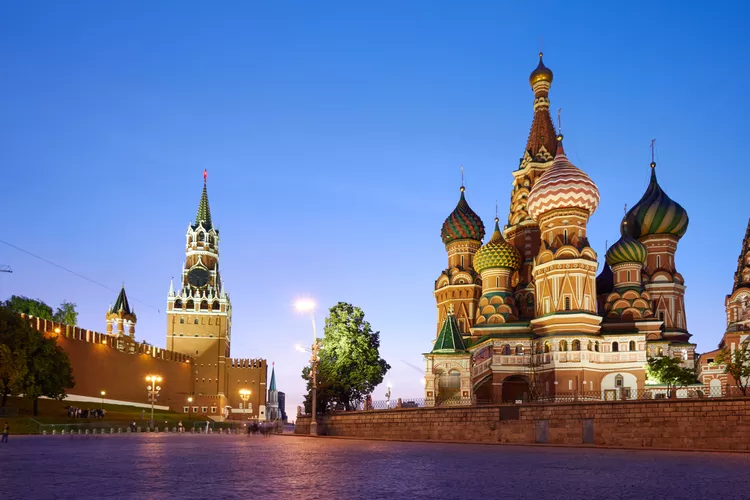Summary
Russia is known for its unnavigable bureaucracy, but thankfully, travel to Russia has become easier since Soviet times. You’ll still have to register, and you still need a visa, but Russia travel is as effortless as it is enjoyable, if you bear in mind the following tips.
Visas
First of all, plan to apply for your visa well in advance of your trip through an embassy located in your country of residence. You will need an invitation (issued by the hotel at which you plan to stay or through a travel agent), and you can use this invitation to apply for your visa. Although it may sound complicated, this system has become much more relaxed in the past few years.
Registering Upon Arrival
Travelers to Russia must register within three days of their arrival. The immigration form received at passport control must go wherever your passport goes. You will get a stamp at your hotel that will complete the registration process. Be sure to register at every new hotel you stay at when moving from city to city. Registration stamps may be checked upon departure or by law enforcement officials who can prey on naive or careless tourists.
Currency and Money Exchange
The Russian unit of currency is the ruble. It used to be that it was possible to purchase items in Russia with US dollar bills. However, this is not the case anymore. Euros and USD can be exchanged almost anywhere in Russia. Nevertheless, bills must be of the new or current issue, without rips, tears, markings or folds. Therefore, be sure to ask your home bank if they can provide cash that fits this description – you will run into some unforgiving bank tellers during your travels in Russia.
Using Bank and Credit Cards
Cash is always the best option while traveling to Russia, as not every place will accept credit cards. Bank machines will accept debit transactions, so ensure you don’t leave home without your card. However, these ATMs cannot be found everywhere, so make sure to always have enough cash to last a few days.
Other Money Tips
- You may bring traveler’s checks if you are going to Moscow or St. Petersburg, but it is advisable not to rely on them. They can be difficult to cash and, in smaller cities, completely useless.
- Exchange offices will almost always require your passport for currency exchange.
- Never exchange money on the street. Individuals offering to do so are often dubious characters and cannot provide a fair exchange rate.
Vaccinations
It is recommended to get or update the following vaccinations before your trip:
- Tetanus
- Hepatitis A
- Hepatitis B
- Tickborne Encephalitis (if you plan to hike or camp, and if your country of residence provides it)
Water Safety
Water in Russia does not meet the same sanitation standards as water in the US, Western Europe, and other developed nations. Therefore, foreigners are advised to purchase inexpensive bottled water to avoid travel-related illnesses and water-borne germs. Ingesting small amounts of the water in Russia is generally not harmful, but certain cities, like St. Petersburg, are worse than others. You may even want to brush your teeth with bottled water to be safe.
Transportation
Public transportation in Russia is inexpensive, reliable, and widely used. While buses may be crowded, they are usually the preferred method of transport in cities without metro systems. The metros in cities like Moscow and St. Petersburg are easy to navigate; nonetheless, they can be hectic during peak hours, and you may have to stand while you ride.




